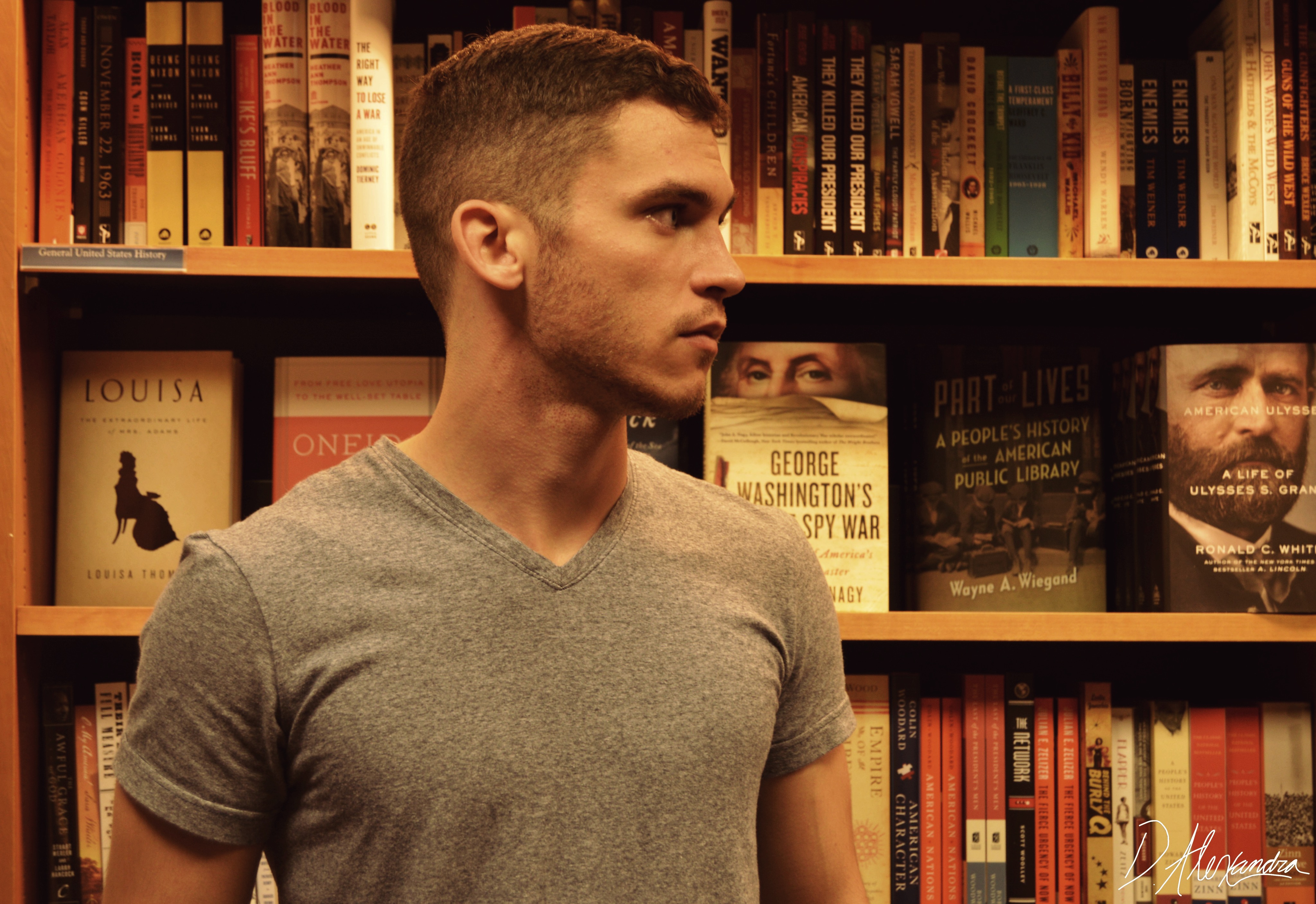After recently connecting with several colleagues on LinkedIn, I noticed that many of the skills listed on their profiles overlapped from person to person, no matter what industry they were associated with. I’m all for beefing up your résumé, but this begged the question: Is it really a skill if everyone else can do it too?
I reached out to co-founder and president of Hill Investment Group, Matt Hall, to get his take on my theory. Matt is relentlessly meticulous when it comes to adding people to his team – the firm has only eight members between its Houston and St. Louis locations. While fundamentals are necessary, they aren’t enough to get a foot in the door, and they certainly won’t create the wow-factor that our attention economy demands.
Here are a few we discussed:
Microsoft Office (Word, PowerPoint, and Excel)
A basic understanding of Word, PowerPoint, and Excel is expected everywhere from ninth grade to Wall Street – there’s no need to promote something that won’t differentiate you. Familiarizing yourself with niche programs such as WordPress or Photoshop will increase your value.
Leadership
This term carries minimal value today – everyone is a leader if you ask them. Instead of arbitrarily listing leadership as a skill, demonstrate who, what, or how you’ve led in your “Experience” section. Have you planned a fundraiser, started a club, etc.?
Time Management
Managing your own time is great, but you’ll have to go above and beyond that to impress a potential employer. Demonstrating the ability to efficiently manage a schedule for multiple people, not just yourself, speaks louder than “time management.” Can you plan a monthly calendar for an organization or schedule shifts for a group of employees?
Problem Solving
What problems? Math problems? Problems on your college campus? Without tangible evidence of a solution that you’ve developed for an existing problem, “problem solving” means nothing. If you’re truly an effective problem solver, promote it in your “Experience” section.
“None of that stuff grabs my attention, and we are in an attention economy,” says Matt. “I need to know quickly what sets you apart and what’s interesting about you. How will you help me? What have you done that others have not? Do you speak Chinese? Have you written something powerful? Have you run a 100-mile race?”
Matt is adamant about pushing limits, taking risks, and challenging the status quo (you can read about that in his book). Bottom line: be remarkable – literally worth remarking.
“Blow my mind with something you’ve accomplished or that you’re working on,” he says. “If you haven’t done something unique or special, you might want to start there.”
Dominic Vaiana studies writing and media strategy at Xavier University. His personal articles, essays, interviews, and book recommendations are sent in his bimonthly newsletter. For questions or comments, email dominicvaiana@gmail.com

